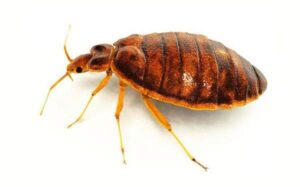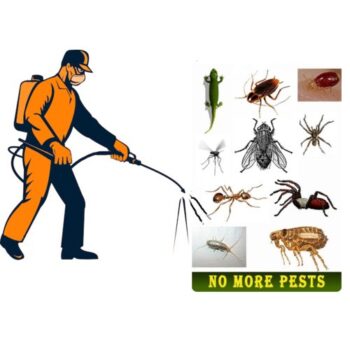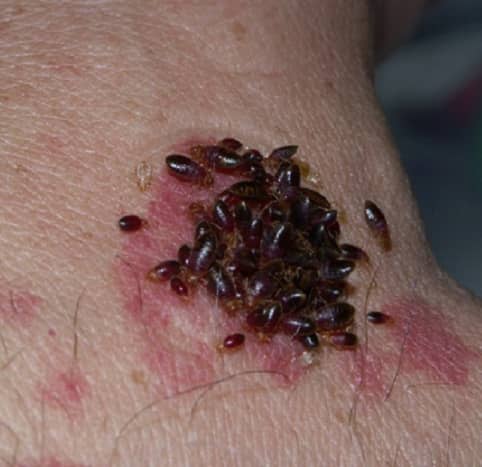
Do Bedbugs Hibernate?
Bedbugs are a notoriously unpleasant pest to be found in your home, and unfortunately, they are pretty widespread throughout India. Bedbugs are also hardy, flexible insects that can withstand a variety of conditions, including very cold temperatures. In this article, we address a commonly asked question: Do bedbugs hibernate?
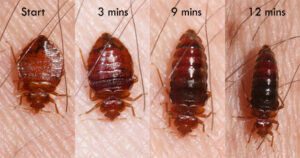
Bed bugs season
While bed bugs do not have an active season and can be found year-round, they are more active in some areas and during certain months. Bedbugs survive on a blood meal, and apart from needing a reliable food source, they are not particularly picky about their living conditions. Because of this, their behavior is not as tied to seasonal markers as other insects, although there are some factors that may contribute to an increase or decrease in activity.
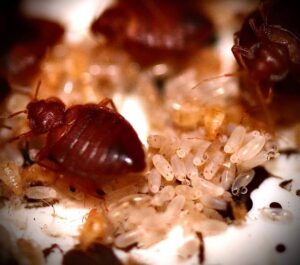
Bugs and Diapause (Bedbugs Hibernate)
While bedbugs do not technically hibernate, they can enter a dormant state called diapause. Some insects enter diapause if they are exposed to inappropriate temperature ranges for a long time.
When the temperature drops below about 60 degrees Fahrenheit, bed bugs can slow their heart rate as a survival mechanism. During this state of minimal metabolic activity, bed bugs can survive for months without feeding. As a result of diapause, bedbug activity may be reduced due to their temporary dormancy in the winter months. However, in most homes the temperature is regulated, so bed bugs that are comfortable inside may not enter diapause at all.
Bed bugs are more active the more people travel
Since bedbugs are hitchhikers, we see an increase in infections during the summer months and the holiday season. As people travel to their favorite destinations and loved ones, they may inadvertently carry bedbugs from place to place. In fact, it wasn’t several decades ago that experts thought bed bugs were close to extinction. When international travel became more popular in the ’80s, bedbugs resurfaced. Similarly, bedbug activity decreased in 2020 as a result of the COVID-19 pandemic, but as people become accustomed to traveling again, bedbug outbreaks may increase.

How to avoid bed bugs
Since bedbugs can be active at any time of year, it is important to be diligent to prevent infestation. Bedbugs can be found in any environment, from the most affordable motels to the most luxurious hotels. When you travel, no matter where you are staying, check bed frames, box springs, and mattresses for signs of bedbugs. Bedbugs like to hide in small crevices and only come out late at night, so try to move quickly when checking your bed. You may see tiny specks of live insects, blood stains, or bedbug droppings—all solid signs that you’re living somewhere with bed bugs. If you suspect you have bedbugs in your room, notify management immediately so they can follow protocol.
Even if you don’t notice signs of bedbugs, when you come home from travel, make sure you wash all of your clothes with warm water. You should also vacuum your stuff thoroughly. These two tasks take very little time and will significantly reduce the chances of creating a new infection in your home.
Professional bed bug control
The two best ways to eradicate bedbug infestations are fumigation and concentrated heat treatment. These methods are only available through professional exterminators. 24×7 pest control specialists can provide you with a free bed bug inspection to evaluate what type of treatment strategy will work best in your unique situation.
